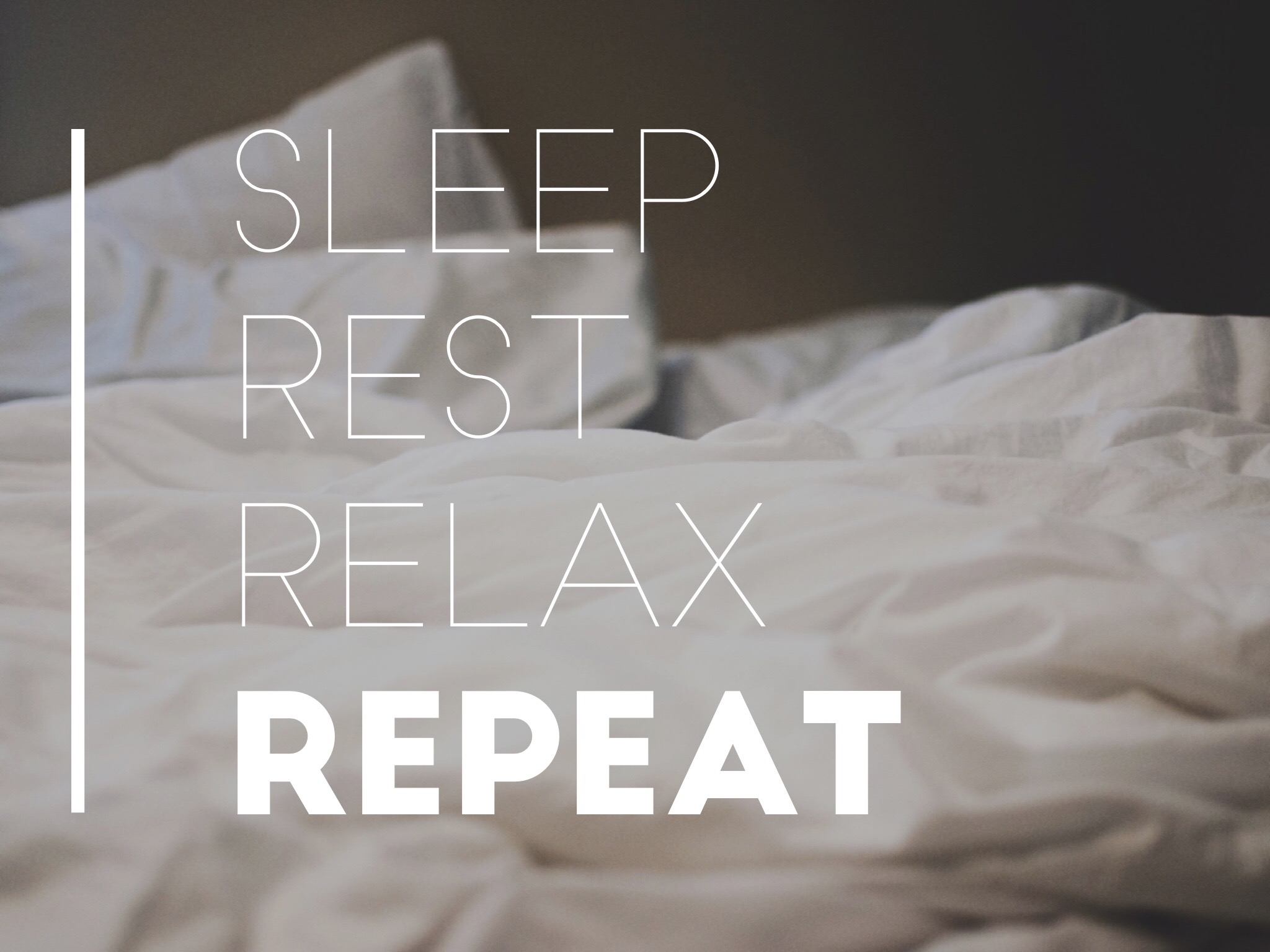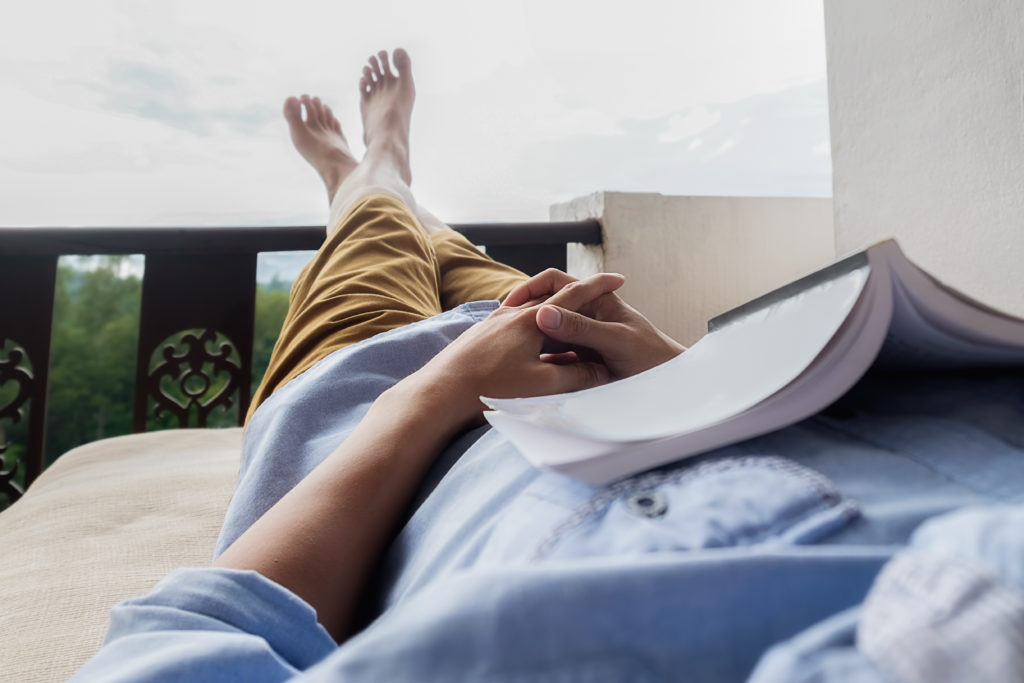Here’s A Quick Way To Solve A Info About How To Relax And Go Sleep

Your routine at night can include any.
How to relax and go to sleep. If you find it hard to fall back asleep, try a relaxation technique such as visualization, progressive muscle relaxation, or. Invest in a better mattress and bedding having the best mattress for your needs and preferences is vital to making sure that you are comfortable enough to relax. 1 /10 while it’s a good idea to go to bed at the same time each night, there will be some nights when your brain is buzzing and not ready for sleep.
Some sleepers use only one or two of these relaxation strategies while others practice a. Make your bedroom favorable to sleep. When going to sleep, it is important to make sure that the bedroom has the appropriate environment to relax and go to sleep smoothly.
Breathe out fully through the mouth, making an exhalation sound. Eve lewis prieto, director of. Make relaxation your goal, not sleep.
Have healthy habits during the day, such as getting enough sunlight, physical activity,. Don't use your bed as an office for answering phone calls, texting and responding to emails. If you’re feeling too stressed to sleep, these approaches can help you relax.
You’ve heard how deep breathing can help combat stress, but it can also help you fall asleep. Reserve bed for sleep and sex. Close the mouth and breathe in quietly through the nose to the count of 4.
The recommended amount of sleep for a healthy adult is at least seven hours. Keep light, noise and the.
Actively seeking relaxation may help you get a better night's sleep and quell anxiety or worries that creep up at bedtime. Adding some deep breathing and meditation to your bedtime ritual can get your mind and body in the right state for a deep night of sleep. Practice other positive health habits such as getting exercise and eating well.
Incorporating relaxing activities before bed is also recommended for adults to improve sleep habits and get more sleep overall. In order to sleep, your heart rate. Gentle yoga or progressive muscle relaxation can ease tension and help tight muscles to relax.
The first steps that may help you fall asleep fast are ensuring you: Stick to a sleep schedule set aside no more than eight hours for sleep. Have healthy sleeping habits, such as a routine and turning your electronics off 2.
Have a comfortable, quiet, and dark sleeping environment 3. Try some short, simple techniques such as muscle relaxation or meditation.


















